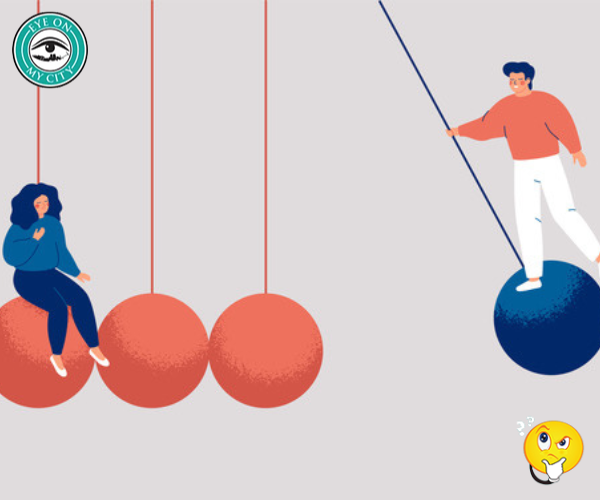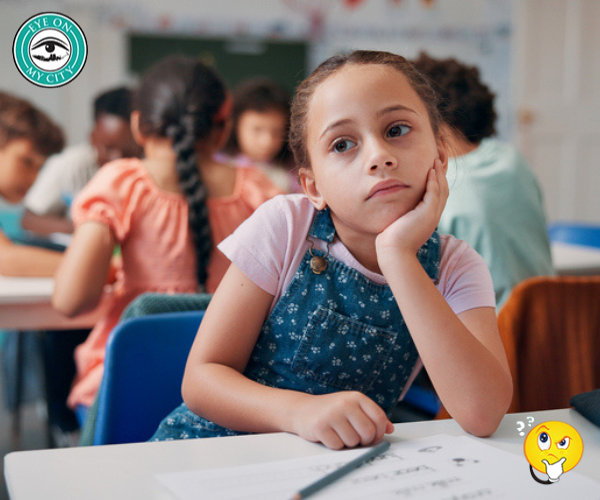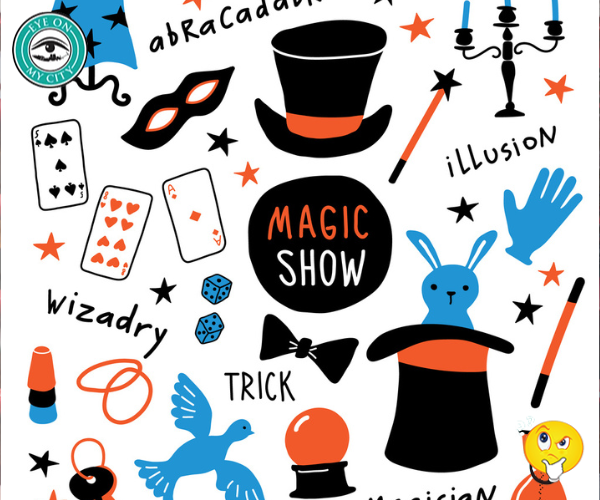Throughout history, one of the most consistent motifs is the ‘pendulum swing’ – society’s tendency to attempt to correct one extreme and inadvertently lurch into another. Prohibition tried to solve alcoholism by banning alcohol altogether, and accidentally fueled bootlegging and speakeasies; McCarthyism sought to root out communist spies and ended up blacklisting innocent Americans; the #MeToo movement aimed to expose predators but often led to a fear of mentoring women at all. In our attempts to swing from one ideological extreme to another in search of justice and safety, we frequently overreach and find ourselves entangled in new sets of problems.
Today, a notable swing is the transition from a culture that prized grit and emotional toughness (characteristic of Boomers, Gen X, and Y) to one that views emotional discomfort as harmful and disagreement as a personal threat (Gen Z).
Older generations and past societal norms held toughness as a virtue. In previous years, kids were met with gritty standards (‘suck it up,’ ‘tough it out,’ etc.), and classrooms, workplaces, and homes, where criticism and discussions were blunt. This ‘grit-first’ mentality did lead to issues, often making it difficult to talk about real emotional or mental health struggles, but my culture has swung hard in the opposite direction. We now prioritize emotional safety and validation to such a degree that any disagreement or uncomfortable truth is often labeled as harmful or toxic. And in an age of social media echo chambers — where you can curate a digital world that constantly affirms your beliefs — encountering someone in real life who disagrees with you can feel not just surprising, but offensive. We’ve normalized the idea that if something feels hurtful, it is harmful, regardless of intent or content. What this has done is create a society that walks on eggshells in group settings, constantly afraid to say the wrong thing, simply because someone might take something the wrong way. In trying to fix emotional neglect, we’ve created emotional fragility.
Not every correction is an attack. Not every disagreement is violence. But today, it is often treated as such. A simple challenge to a group’s consensus (especially one dealing with emotions) can be met with discomfort or even outrage- not because anything was said cruelly, but because it was said at all. I’m sure many of us saw and felt the way people picked on Trump supporters’ characters, taking who you voted for and turning it into an attack on who you are. When Kamala Harris ran on emotions, tapping into what my generation values so strongly, she created room for Trump voters to be attacked on morality. Instead of being seen as politically different, they were labeled insensitive, heartless, and even harmful.
According to a 2022 Knight Foundation study, 65% of college students report self-censoring in class, not because they don’t have thoughts, but because they’re afraid of how those thoughts will be received. It’s no longer about being wrong; it’s about being seen as bad. People aren’t speaking freely; they’re strategizing. Every opinion is run through a mental PR filter: “How will this sound?” “What if this gets taken out of context?” We live in fear of being disliked and ‘cancelled.’. The irony is, we’re supposed to be the generation of authenticity, but many of us haven’t spoken unfiltered in a long time. Instead of asking what is true, we ask ourselves what is palatable. And when truth comes second, we fall into very dangerous territory.
So, what do we do?
Again, we start early. Like manners and morals, the ability to hear disagreement and speak hard truths kindly is taught, not magically understood. Parents can model how to disagree respectfully and value truth over comfort. There is a sweet spot between extremes! You can be kind and honest, respectful and firm. And if you’re part of Gen Z, you have a choice every day to protect comfort or pursue clarity. You decide whether to sit silently in class when you think differently, or raise your hand anyway, ask hard questions, and defend ideas. It’s okay if it’s awkward, and it’s okay if it’s hard. That’s how you know it matters.










